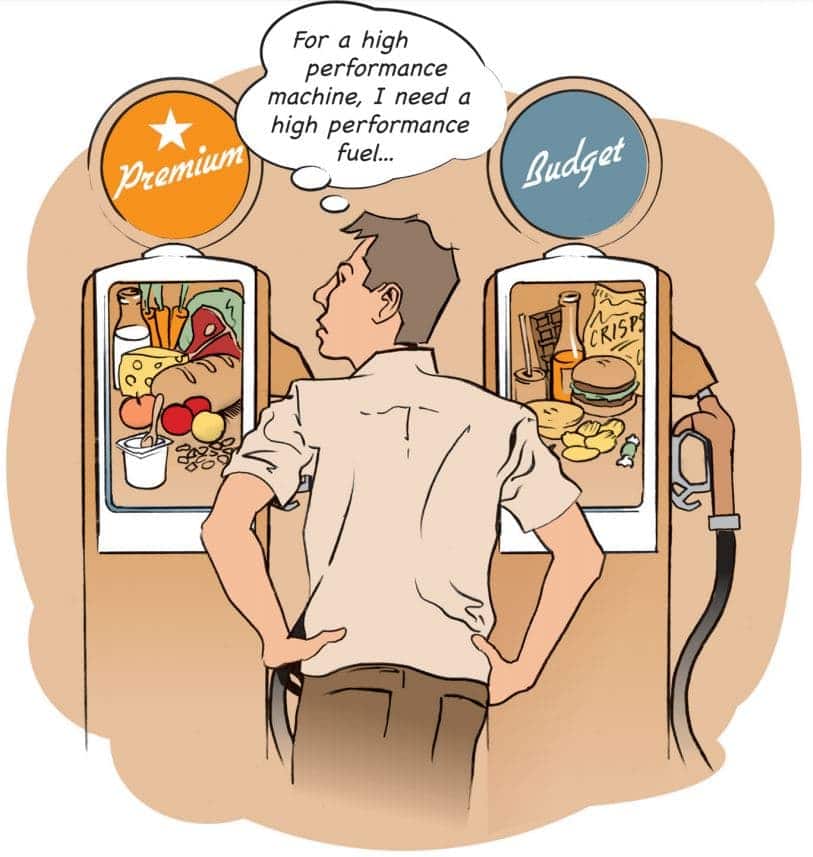Posts by FatigueTech
Iron levels and fatigue
Iron is a mineral. It is necessary to make haemoglobin (an oxygen carrying molecule) in the blood. If iron is not eaten in adequate amounts in the diet; anaemia, tiredness and fatigue will result. People at greatest risk are pregnant and menstruating women, vegetarians and athletes. If you think you may be low in blood……
Read MoreTop tips for management mental health
Putting it all together Depression, anxiety and stress are major risk factors of fatigue. The good news is that they are all treatable conditions and many people overcome mood disorders through proactive management. However, there is no quick fix. Treatment of mood disorders often takes time and includes a combination of techniques to manage the……
Read More10 nutrition tips to beat fatigue
Eat breakfast based on breads, cereals low fat dairy and fruit. Pack a lunchbox with snack including at least 2 pieces of fruit. Portion dinner plate correctly with half the plate coloured vegetables, ¼ the plate potato, rice, pasta or bread; and palm size portion of meat. Eat to be comfortably satisfied not full to……
Read MoreAnxiety and fatigue
While the symptoms of anxiety disorders change with the specific diagnosis, the common theme is an overwhelming sense of worry and the associated lack of concentration, feeling tired and irritable. To put it simply, anxiety is when you worry about being worried. Feelings of anxiety are common in certain situations throughout life. However, when people……
Read MoreHow does alcohol affect sleep
Alcohol is a depressant that slows the nervous system down. It impacts on the quality of the naturally occurring sleep cycles, and can increase sleep disturbance. Some people will say, “alcohol helps them sleep.” This is true to a point! But it is also counter-productive. The figure below illustrates how alcohol affects sleep (red line).……
Read MoreTypes of mood disorders
Mental health can generally can be seperated into three categories: stress, anxiety, and depression and can all directly or indirectly increase the risk of fatigue. They are all common and treatable illnesses. Approximately 1 in 4 people will suffer from a mental illness throughout their lifetime. So it is likely that you or someone you……
Read MoreHow does caffeine affect sleep
Caffeine stimulates the central nervous system and can artificially stimulate your senses, which makes you more alert. Peak alertness levels are generally reached 30-60 minutes after consumption. If too much is consumed, or it is consumed too close to bedtime, it can interfere with your ability to sleep by keeping you awake and disrupting naturally……
Read MoreAvoiding injury when exercising
Regardless of your exercise choice, one truth applies to everyone: preparation can prevent injury. Many common exercise injuries stem from overlooking two basics: warm-up and stretching. Warm-up: The idea of a warm-up is to swing your body into gear gradually – not suddenly. A good warm-up consists of slow, deliberate, rhythmic movements that are similar……
Read MoreFood quality and quantity
The quality and quantity of food you choose can make a huge difference to body weight. The difference between the two diets on the right is 5700kJ. Someone that eats 5700kJ more than another person will weigh 56 kilograms heavier or would have to walk 5 hours each day to burn this amount of energy……
Read MoreFood quality & fatigue
You are what you repeatedly eat! The food that you eat provides the fuel for your body to do everything it needs to do, every second, of every single day. Your daily energy levels, therefore, are only going to be as good as the fuel you put in your body; your food. For example, a……
Read More









